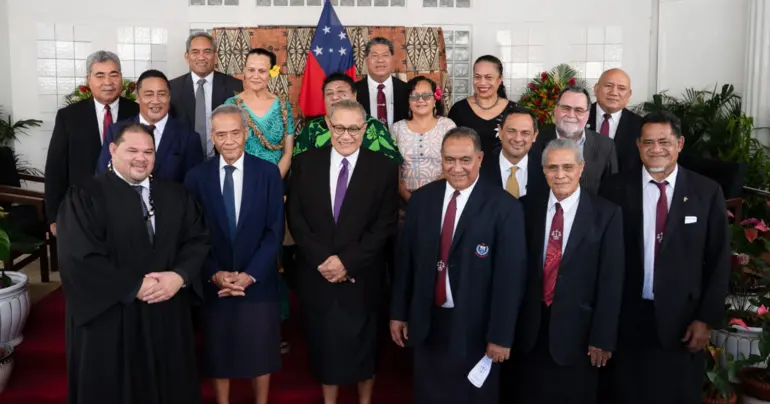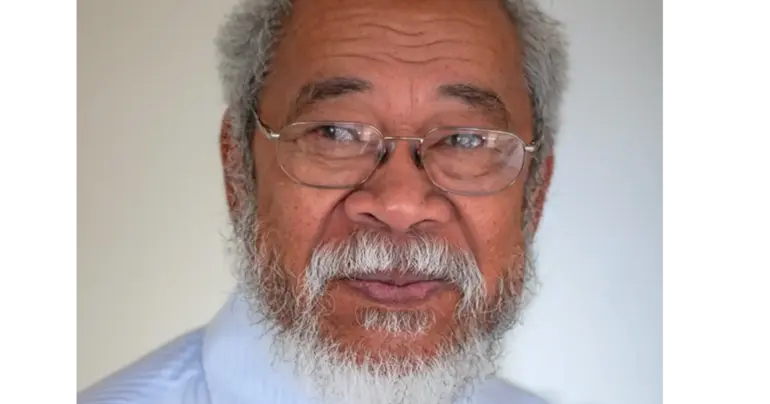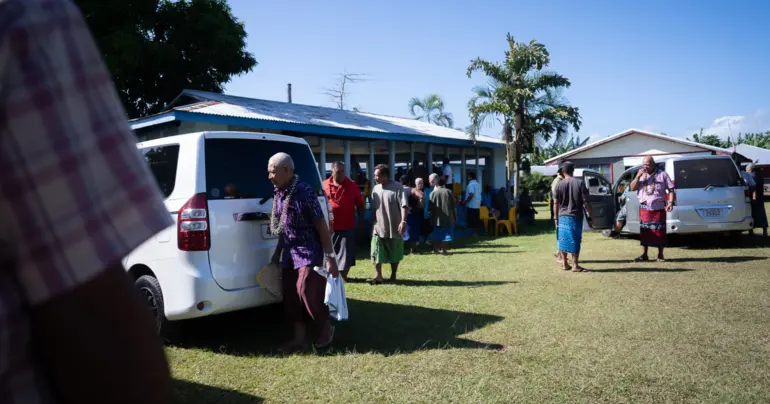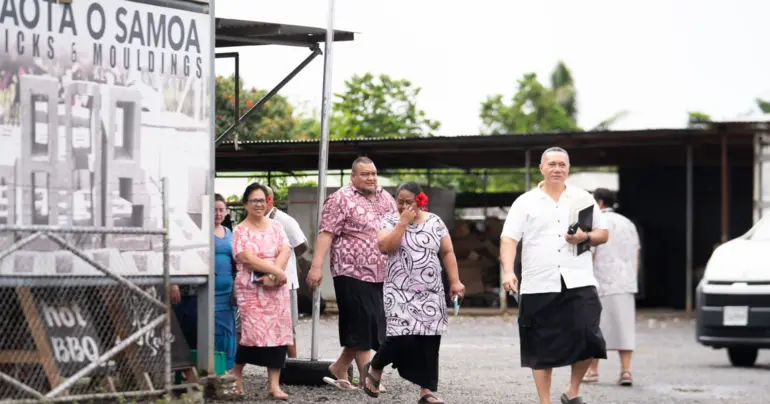Samoans overseas and who is eligible to vote?
Over the next 12 months, the nation will see a push toward registering all those of voting age. The Office of the Electoral Commission will be very busy doing this process as now the Electoral Amendment Bill has been passed.
This new law brings in mixed feelings and a few questions. The bill was passed in parliament on Friday, however, things are still not clear.
The minister responsible for the Office of the Electoral Commission, Faualo Harry Schuster has to make the specifics clear as there is confusion among the people, especially regarding overseas Samoan citizens.
On Friday, Faualo said all Samoan citizens including those who reside abroad can be prosecuted once they enter the country if they do not undergo a compulsory election registration. Under the law compulsory registration is for all Samoans who have turned 21 years old, whether or not they reside in Samoa or overseas.
This creates confusion, does this mean that Samoans overseas, their children and children of their children of voting age, even if they are not born in Samoa, can vote now or does it mean that it is for those Samoans who are either born in Samoa and have a Samoan passport?
Does it only include those Samoans who are abroad to study, work, on medical trips and for other personal reasons? This needs to be clarified before registration can start.
If it does not include the Samoan diaspora who are citizens of other countries, then this should be made clear. The Office of the Electoral Commission must clarify this. Most people are unsure who the term Samoans overseas applies to. This has to be done immediately.
The Deputy Leader of Opposition, Lauofo Fonotoe Pierre talked about discriminatory laws. He said such matters can give rise to legal action on electoral matters. The law has to be very well defined as well. While everyone is treated equally under the law, having discriminatory laws does not help.
According to the law, Samoans overseas who are eligible to vote, while under the jurisdiction of another country, have to comply with laws that have been enacted in Samoa. Failure to do so would mean a penalty at the airport. It feels a little strange that laws in Samoa apply to Samoans who are not living here.
Such laws if not defined properly could also make Samoans overseas hesitant to come to Samoa. According to tourism figures, the biggest number of international arrivals are Samoans overseas. Do you think they would want to come knowing they would be charged and then penalised because they do not want to vote?
The other question is would a Samoan overseas pay his or her fare just to come and complete the second part of the registration, that is the fingerprints and the photo? Or will the government fork out the cash?
The good thing is that the newly enacted changes repeal the old electoral roll and allow the Electoral Commissioner to carry out re-registration for the country. This will make sure that voters who have passed are omitted, get the current addresses of all voters and the biometric system would make voter fraud very difficult.
The changes also signal that postal ballots could come into effect and replace the redundant practice of pre-polling. Postal ballots would allow Samoans overseas to vote and also all those who qualify for pre-polling can do this. This removes the hassles of polling centres before election day.
Postal voting is voting in an election where ballot papers are distributed to electors and typically returned by post.
A registered voter should be able to apply for postal voting if he or she is living outside of Samoa or will be outside of Samoa on polling day, is unable to travel to a polling station due to sickness, religious beliefs, or work commitments, is under pretrial detention or sentence of imprisonment.
This includes all the workers in the seasonal worker schemes in Australia and New Zealand, this includes anybody who is overseas even if they are going for business or leisure. If they are going to be admitted to the hospital because they have booked into surgery or if they are a tourism industry worker or in essential services, then they could apply for a postal ballot.
By the end of this year, almost 10,000 people could be engaged in seasonal work in Australia and New Zealand. This does not include people who would be contracted to other forms of employment in other countries who could be away just for work. There could be more employed abroad when the next general elections happen.
This constitutes for a large number of voters and these voters could ultimately hold the power to decide on the course of the results.
Postal ballots or postal voting is a tried and tested method that most nations in the world use to ensure that everyone registered to vote gets a chance to cast their vote.
There is also a feeling that new electoral boundaries are going to be set as well. It will be interesting to see if the laws that would be introduced as bills have been well thought out or not.











